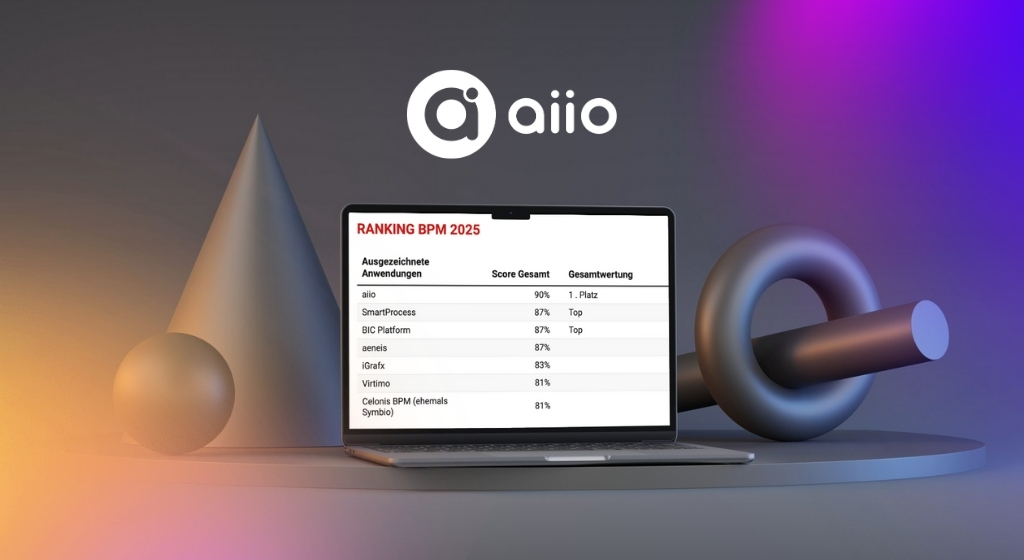The future of process management is agile!

The importance of increasing agility in integrated management systems
"Agility" is one of those terms that, especially in recent years and months, has increasingly mutated from a fringe phenomenon to a real buzzword. Due to the general change in the working world, which was already observable pre-pandemic and which has only been further accelerated and potentiated in its consequences by the effects of the pandemic, the demand for "agile" business applications has greatly increased. But what advantage does my business actually get from an "agile" system? And what does "agile" even mean in this context? Let's take a closer look.
The basics - processes ≠ agile … or?
An "agile" system is always spoken of when it is a business application that is designed to work feedback-driven and, above all, flexible. Accordingly, an agile system can react much faster to changes in the company environment. In this sense, there is also a constant self-renewal of the system. By definition, "agility" is therefore a bit in contrast to classic process management, which is geared towards predefined processes with a clear goal and little room for adjustments.
However, this does not mean that the two methods must necessarily exclude each other; on the contrary. Today's reality of BPM systems and integrated management systems in general shows that the combination of both methods can often make the difference. Accordingly, a "mixed form" of both systems with both classic and agile processes is common today, depending on the requirements of the process being mapped. For example, logistics and production processes are often represented more classically, while customer-oriented processes in particular are represented more agilely, as they can be adapted more quickly and can sometimes be much more individual (/must be). As always, it is actually more the mix that can look different for each company anyway.
Nevertheless, it is also a fact that even more "classic" processes, such as the logistics of goods, should not be untouchable these days - and, above all, cannot be. At least for the continuous optimization of one's own business processes, one of the most elementary components of the introduction of a process management system, even the most classic processes must be agile, at least to a small extent.
The "best practice": Best of both worlds?
So, does my optimal IMS ("integrated management system") simply consist of a mix of different agile processes? Well, yes and no, to be honest. Simply stating, "this process is so agile and this one is so," is not enough to set up a modern IMS; it's not quite that easy. But the topic is too complex for that: How can I best optimize my processes? Who should be responsible for optimizing the respective business processes? Where exactly do I get the knowledge of how or when which process should be optimized? The answer: From YOUR process experts. However, this does not mean a single or a few process managers, but the entirety of your process owners who are actually actively involved in the execution of the respective processes. This is where the well-founded process know-how of your company lies, which you only have to access. After all, the process owner themselves knows best how much variance and individualization takes place within "their" processes - and is therefore also the first point of contact when it comes to agility!
(A method for this? How about "crowd mining", by far the most agile method for process recording!)
The implication - agility through inclusion
In summary: "If you ask your people a lot, your company will become much more agile," or something like that. Agility is not accelerated by upper management levels, but by the know-how of the process owners who are involved in the real processes. After all, they also know exactly what level of agility is taking place within their processes!
Don't hesitate, ask directly
Please use our contact form. Our team will get back to you as soon as possible.

.jpeg)


